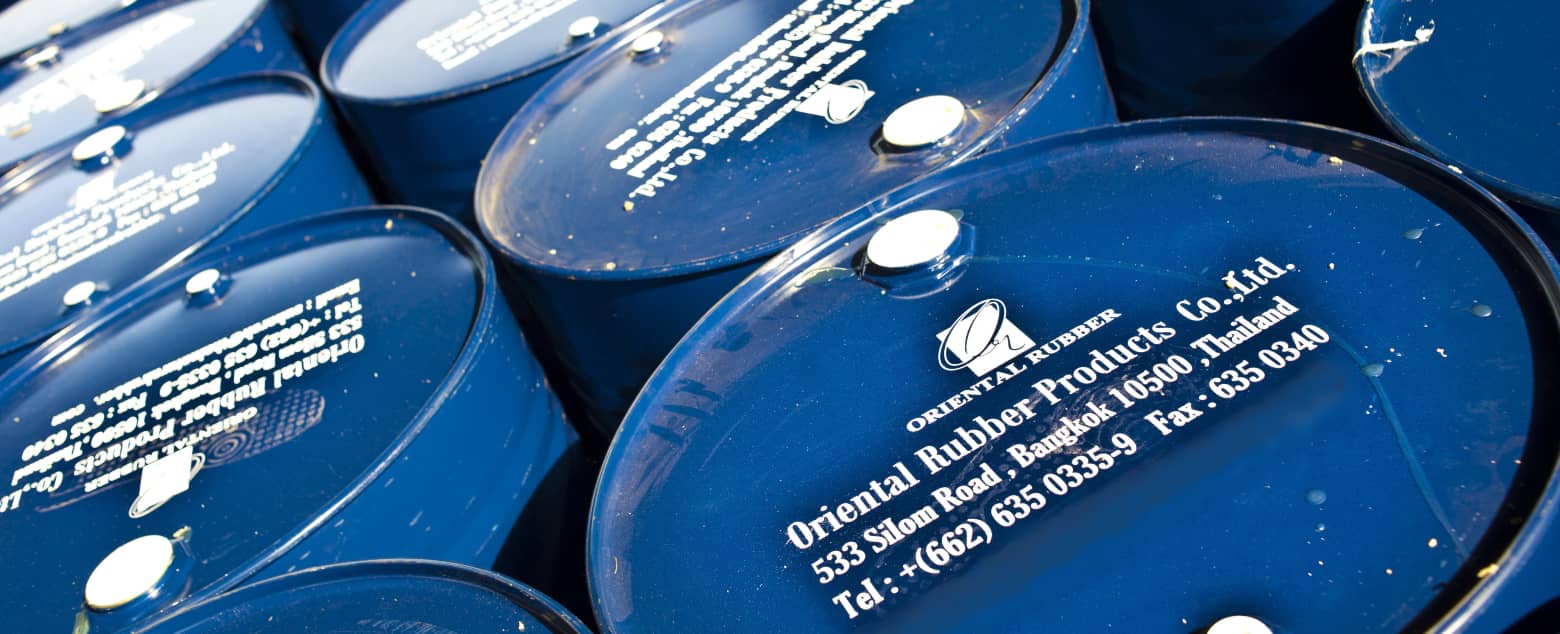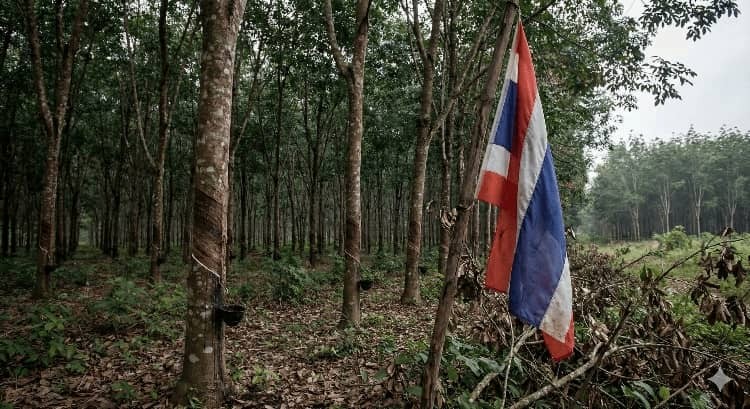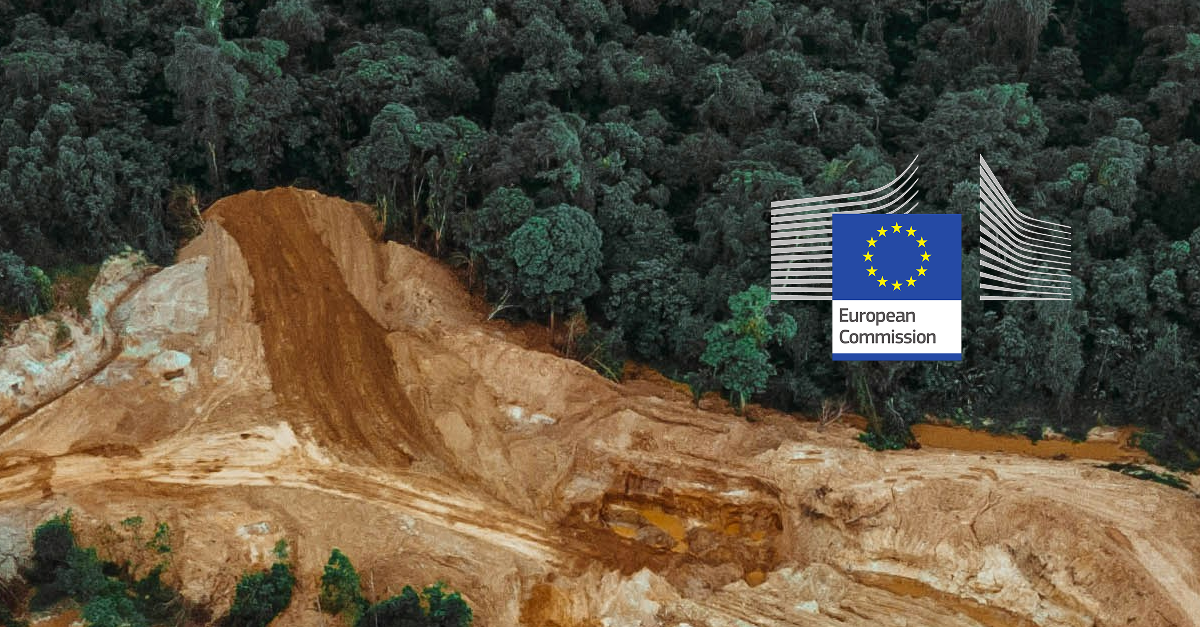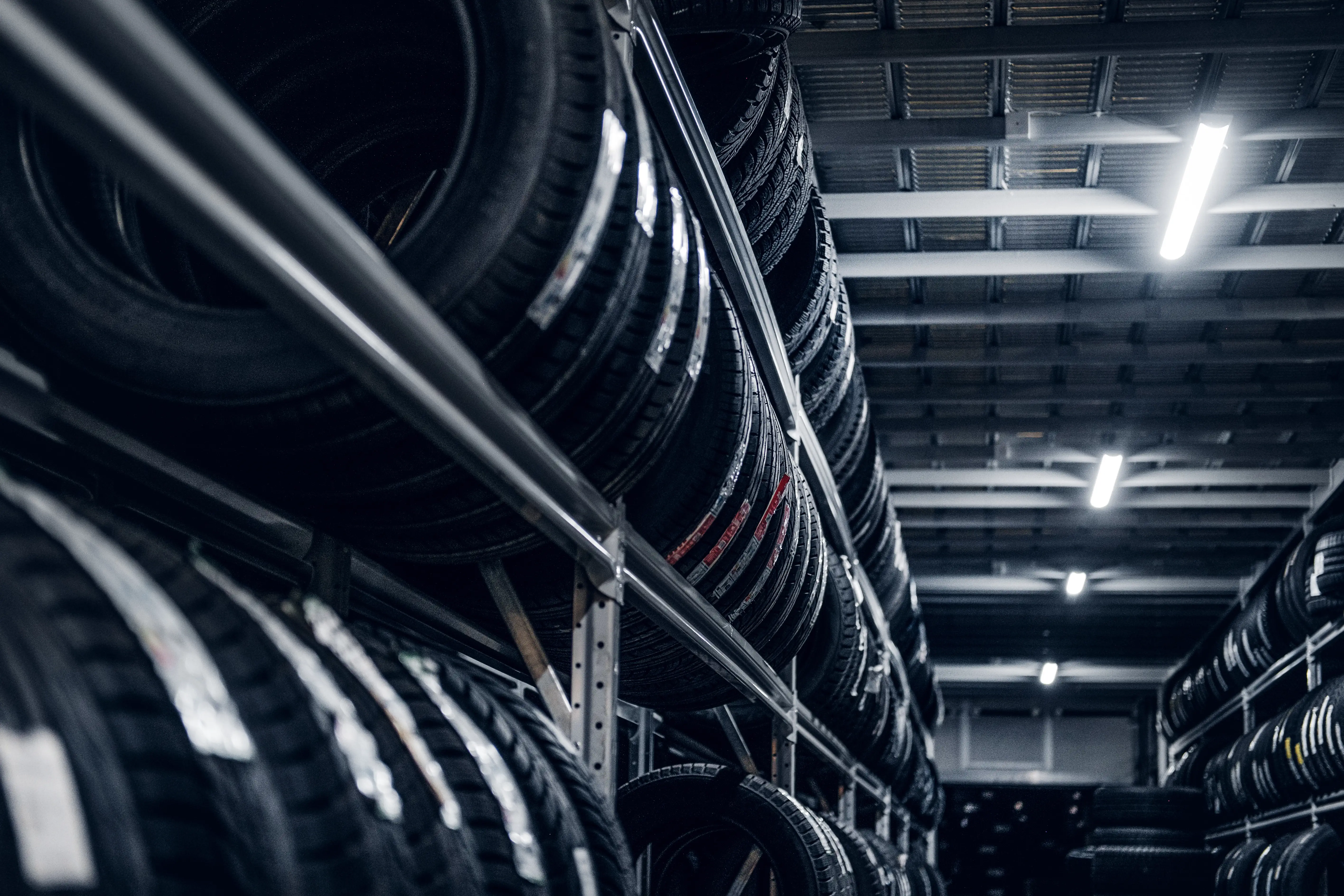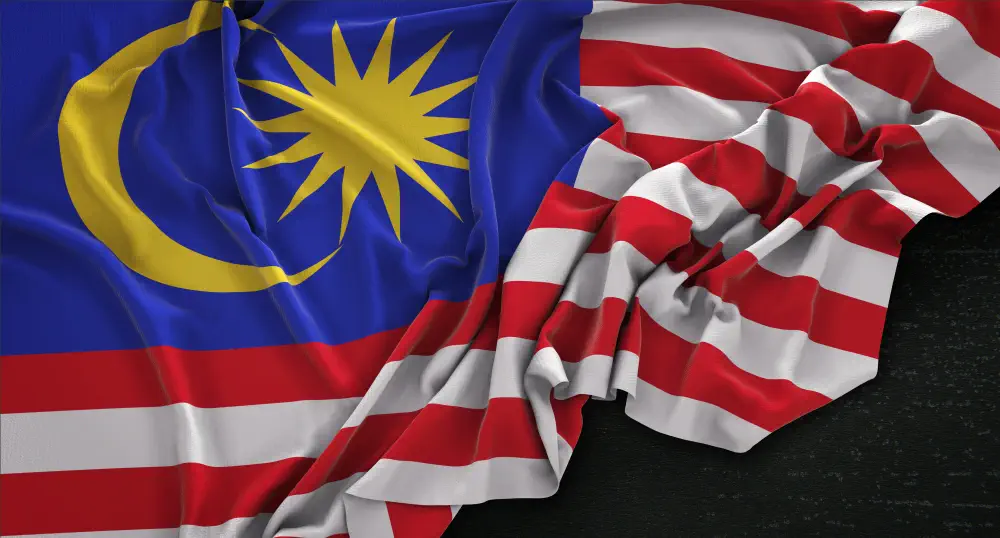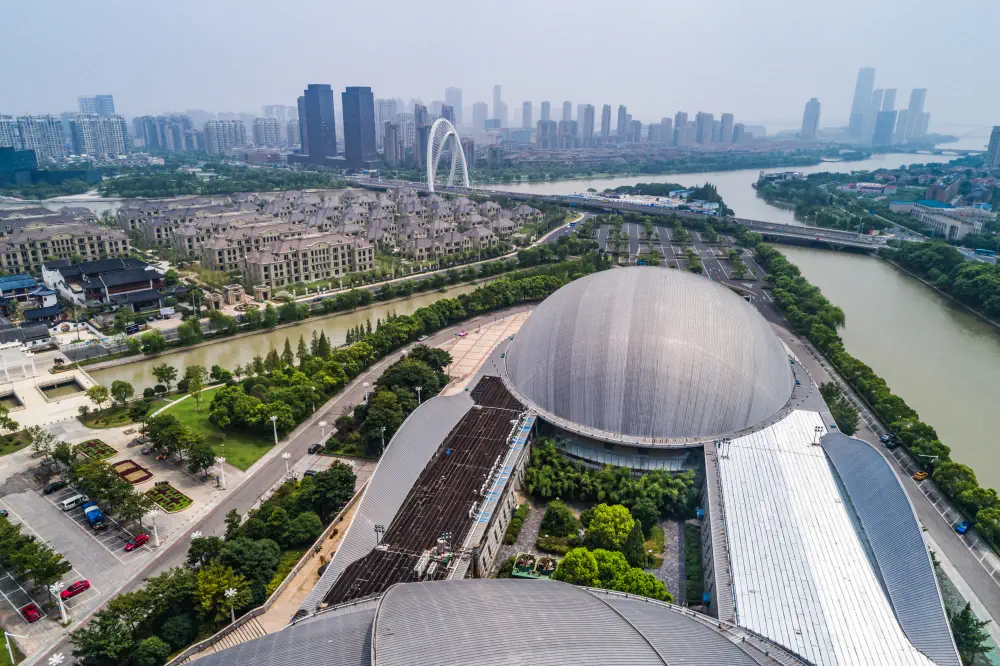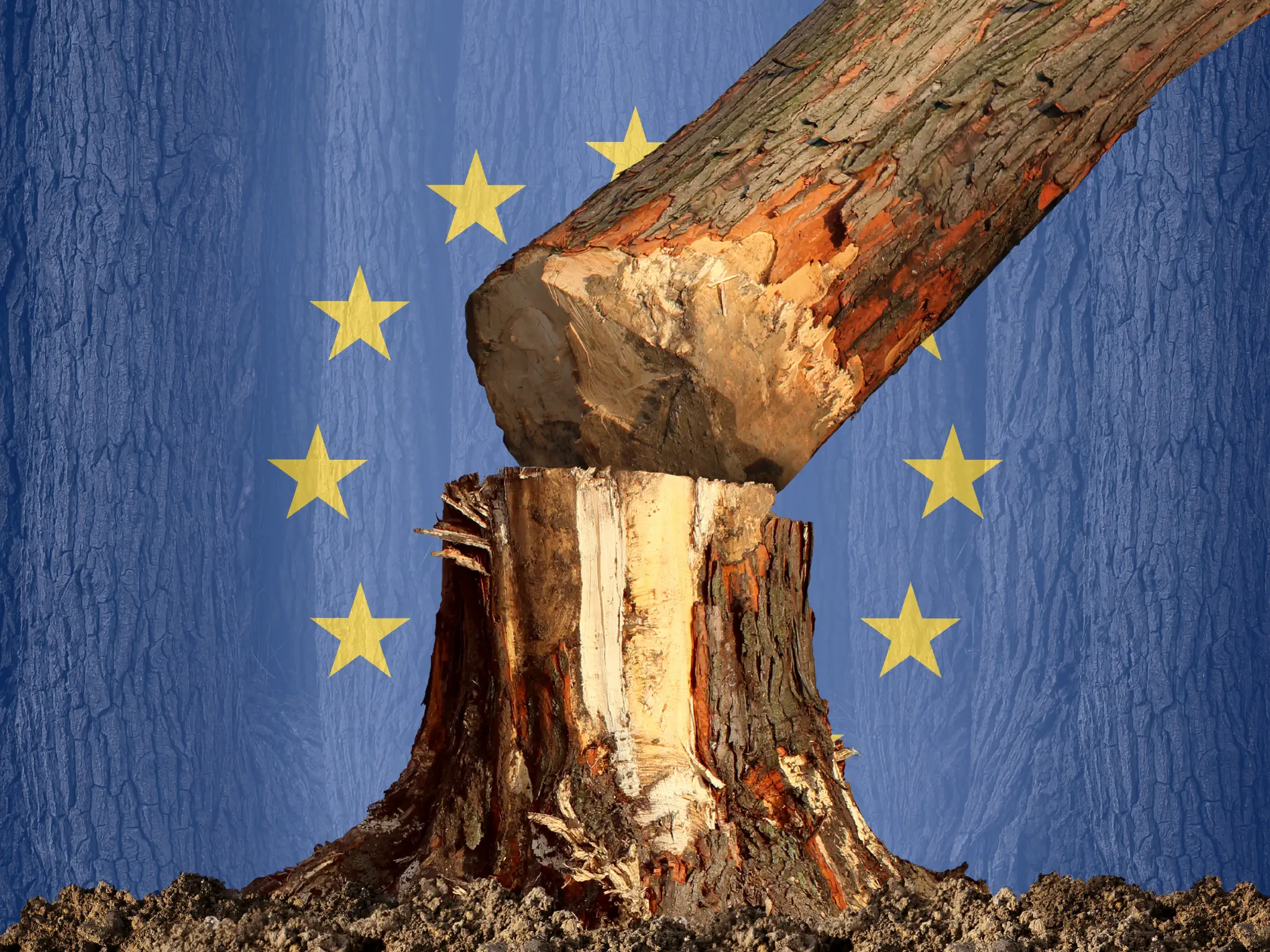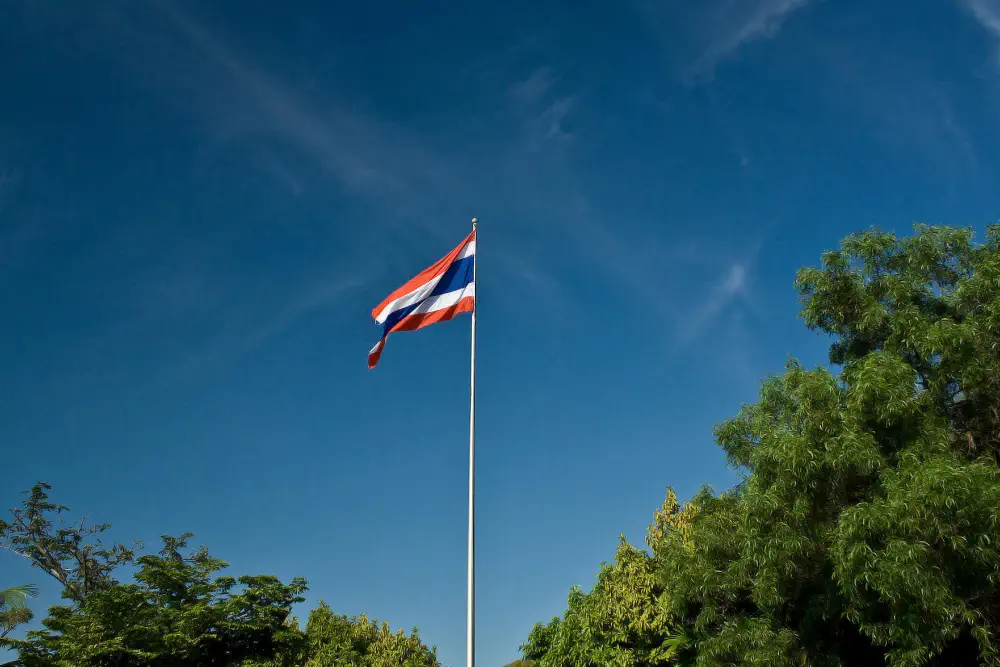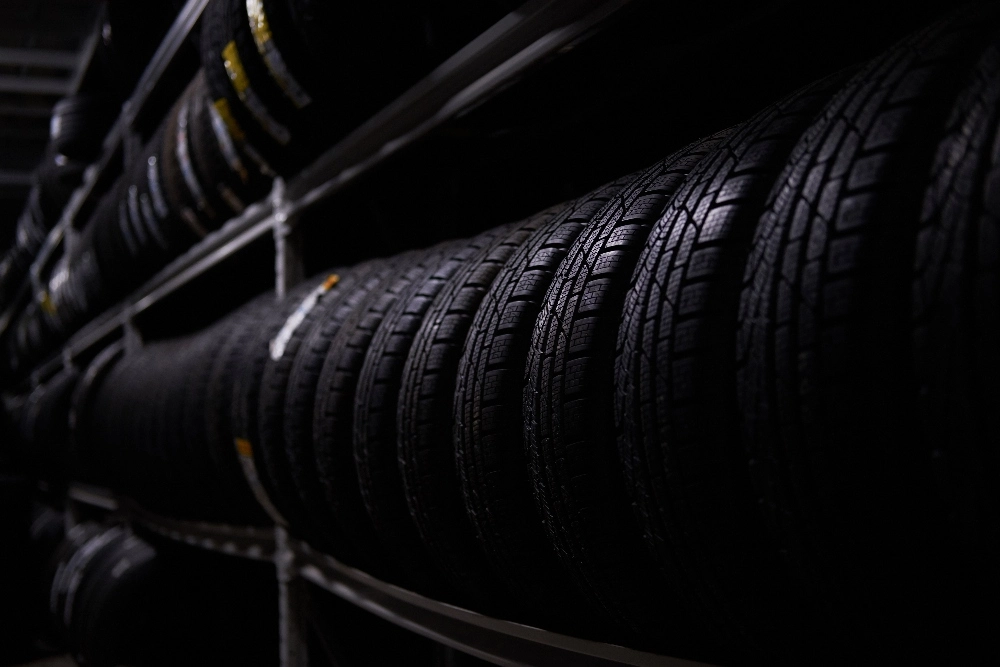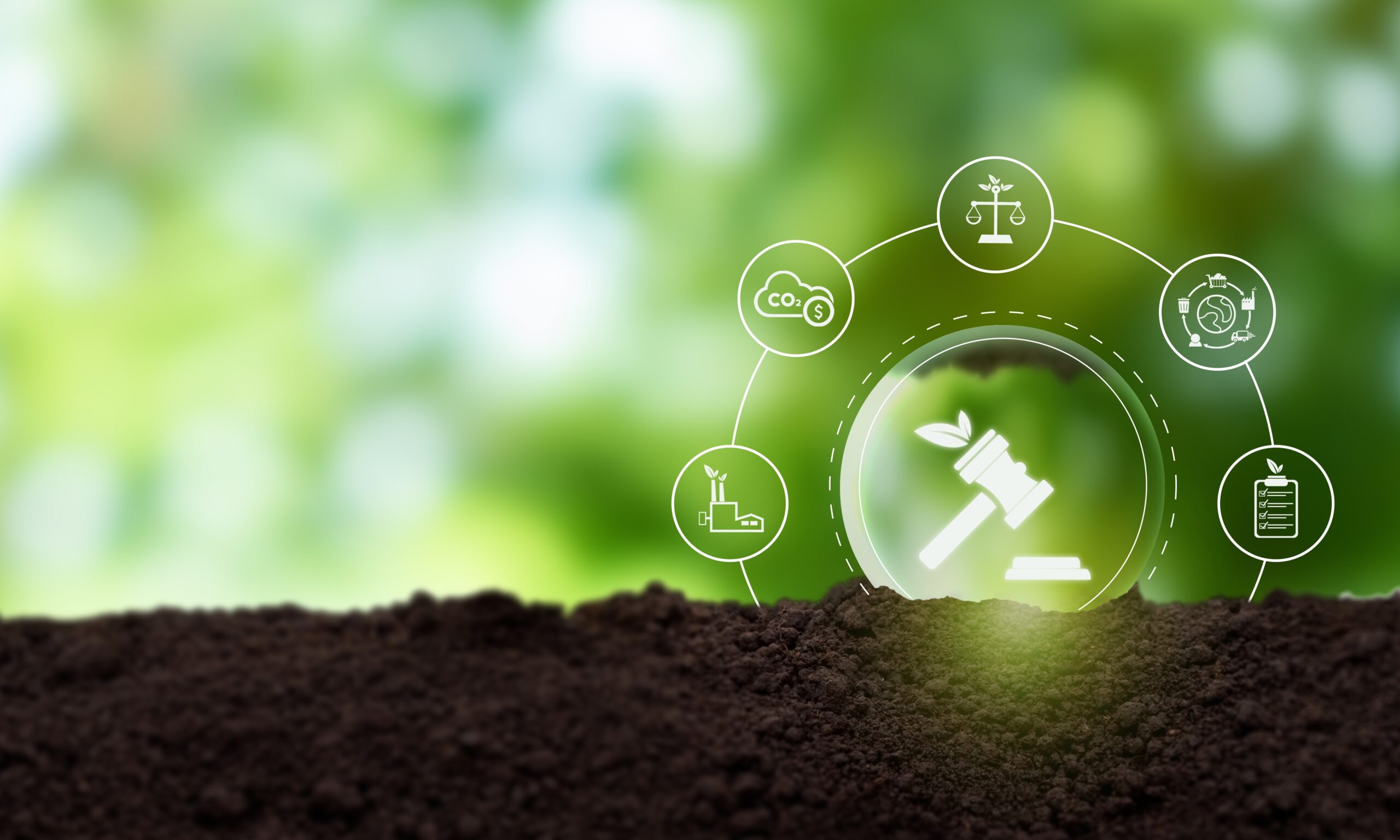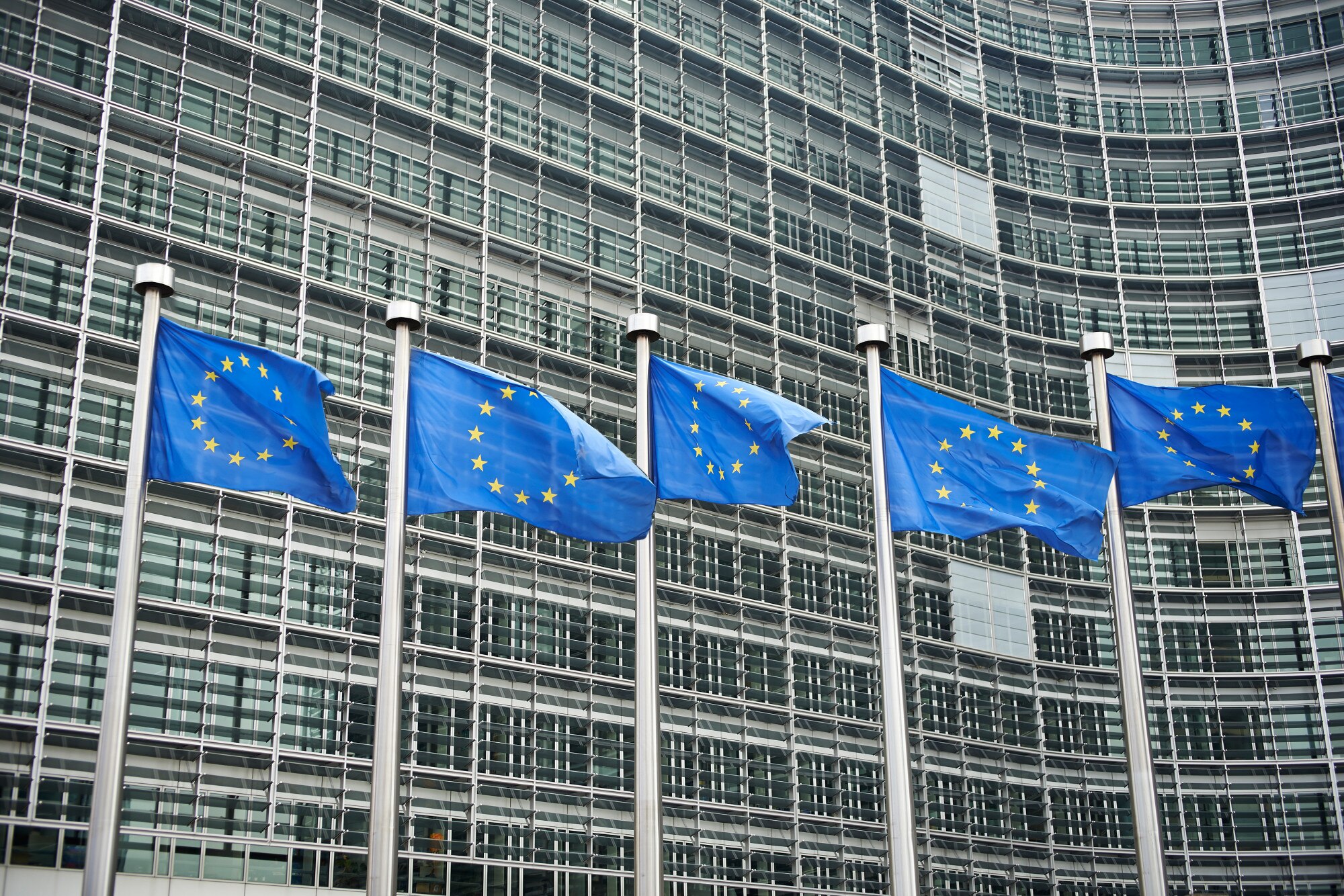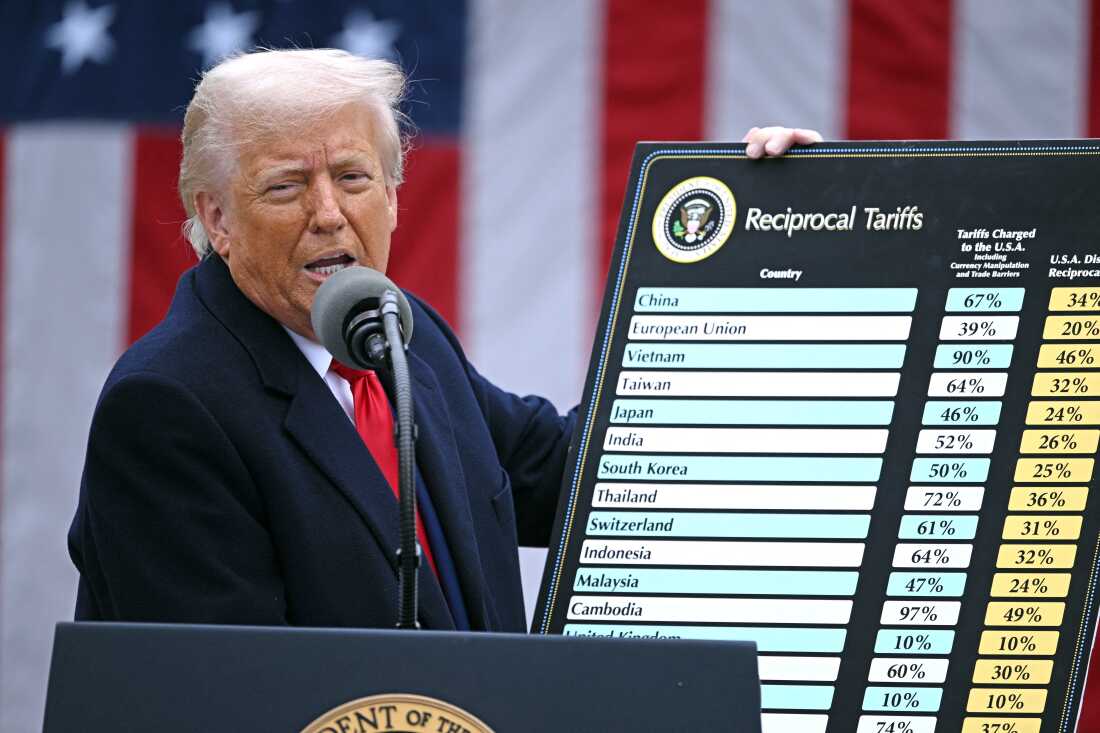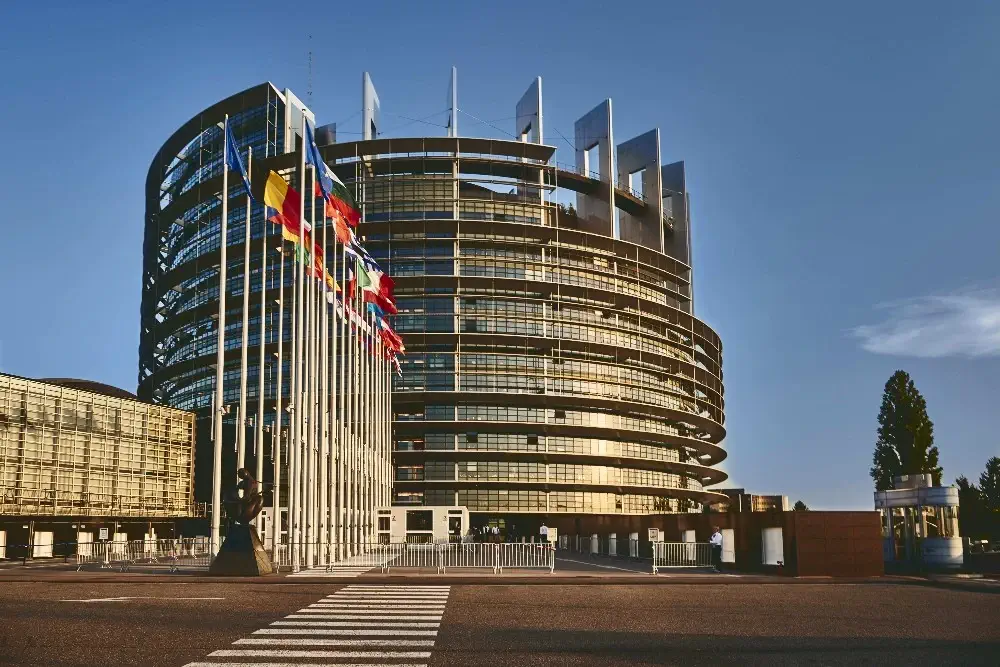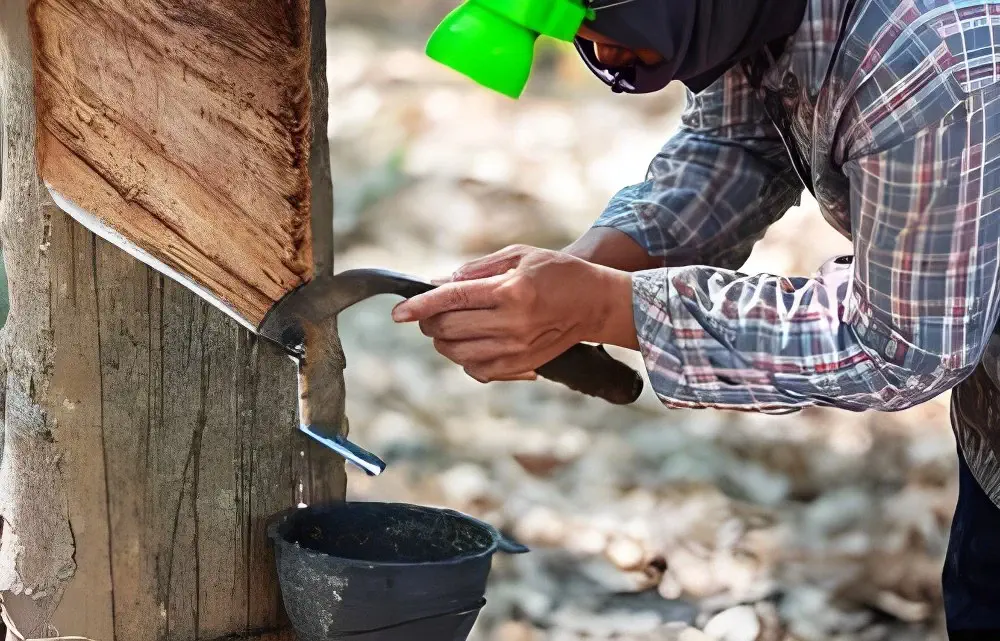
Thailand's Rubber Revolution: AI, Strategic Partnerships and Innovation Drive Industry Transformation
Thailand's rubber and tire industries are experiencing unprecedented transformation as the world's largest natural rubber producer navigates a complex landscape of innovation, sustainability demands, and evolving global trade dynamics. Recent strategic moves by major players signal a fundamental shift from traditional commodity-based operations toward technology-driven, environmentally conscious business models that could redefine the sector's competitive landscape.
Bridgestone's Strategic Carbon Black Realignment
Bridgestone Corporation has executed a calculated strategic repositioning by transferring its Thai carbon black manufacturing operations—Bridgestone Carbon Black (Thailand) Co., Ltd.—to Thai Tokai Carbon Product Co., Ltd. This transaction exemplifies Bridgestone's refined "growth with quality" approach, concentrating resources on premium tire segments and sustainability initiatives while partnering with specialized firms for supporting operations.
Despite divesting Thai production capacity, Bridgestone maintains critical carbon black capabilities in Japan through Asahi Carbon Co., Ltd., ensuring continued innovation in motorsports applications, premium tire development, and specialized products requiring proprietary material technologies.
The partnership extends beyond mere asset transfer, establishing a collaborative framework for producing carbon black from end-of-life tires. This circular economy initiative reflects broader industry momentum toward closed-loop manufacturing systems and demonstrates how strategic alliances are becoming essential for balancing operational efficiency with technological innovation.
Hanwa's Circular Economy Investment Strategy
Hanwa Thailand's investment in Pyro Energie represents a significant commitment to tire recycling through advanced pyrolysis technology. The process thermally decomposes waste tires in oxygen-free environments, yielding valuable byproducts including pyrolysis oil and carbon residue that can be reintegrated into industrial manufacturing cycles.
Building on its existing business supplying processed tire chips as alternative fuel in Japanese markets, Hanwa's pyrolysis venture aligns with global circular economy principles. The company's "ISCC PLUS" and "ISCC EU" sustainability certifications position it as a critical bridge connecting recycling technologies with chemical, synthetic rubber, and tire manufacturing industries.
For Thailand, this development could catalyze the transition from raw material supplier to sustainable processing leader, addressing longstanding environmental criticisms while creating new value streams from waste materials.
Sri Trang's Digital Transformation Initiative
Sri Trang Agro-Industry, among the world's leading integrated natural rubber companies, is implementing comprehensive artificial intelligence integration across its operations. The company's 2025 strategic vision, "Growth of the Infinite Future," encompasses AI-enhanced manufacturing processes, optimized logistics networks, and intelligent resource management throughout its business portfolio.
The transformation strategy extends beyond technology adoption to include extensive workforce development programs. Sri Trang is investing significantly in upskilling and reskilling initiatives designed to cultivate "Versatile Leaders" capable of navigating rapidly changing market conditions. This integrated approach to technological capabilities and human capital development aims to strengthen both operational resilience and innovation capacity.
Sri Trang's research collaboration with Thailand's National Research Council (NRCT) further demonstrates its commitment to industry advancement. The partnership will focus resources on product innovation, resource optimization, and environmental stewardship, with priority projects targeting reduced sulfuric acid consumption in latex processing, waste stream management, environmentally conscious production methods, and personnel development.
Revolutionary Medical Applications from Rubber Waste
A groundbreaking scientific development is emerging from southern Thailand's rubber production region. Researchers at Prince of Songkla University's Centre for Research and Development of Rubber Serum Biotechnology have successfully developed Hevea Latex Polysaccharide (HeLP), a bioactive compound derived from rubber serum waste with significant therapeutic potential.
HeLP shows promising applications in cancer treatment, Alzheimer's therapy, and digestive health improvement. Laboratory studies demonstrate enhanced prebiotic properties and effective inhibition of pathogenic microorganisms. Currently, billions of liters of rubber serum are disposed of annually as waste, representing a massive untapped resource.
The world's first GMP-certified rubber serum biorefinery, developed by Innozus, could transform this waste stream into premium bioproducts for pharmaceutical, dietary supplement, and cosmeceutical applications. The facility's capacity to process 20,000 liters of serum daily could yield 5,000 kilograms of HeLP monthly.
With international patents secured and FDA novel food registration in final stages, this breakthrough represents both a scientific milestone and strategic advancement into high-margin biorefinery sectors, aligning with Thailand's Bio-Circular-Green (BCG) economic development model.
Trade Dynamics and Market Positioning
Market developments aren't solely driven by long-term innovation strategies. Inoue Rubber Thailand, a leading motorcycle tire manufacturer under the IRC brand, exemplifies tactical responses to shifting trade conditions. The company anticipates 5% revenue growth following US tariff reductions from 36% to 19%.
Thailand's position as supplier of approximately 25% of US tire imports provides competitive advantages over Vietnam (20% tariffs), while remaining aligned with Cambodia, Indonesia, and Malaysia at 19% tariffs. China faces significantly higher 30% tariffs, creating opportunities for Southeast Asian producers.
Inoue operates two facilities—a Rangsit plant producing 3.6 million motorcycle tires annually and a Wang Noi facility manufacturing automotive and industrial rubber products. However, domestic challenges including sluggish automotive markets, restrictive credit conditions, and aggressive Chinese pricing strategies require diversified export approaches and government intervention to address low-cost import pressures.
Industry at a Critical Juncture
The convergence of AI integration, sustainable recycling methods, and biorefinery product development reflects industry recognition that Thailand cannot rely exclusively on raw rubber exports or traditional tire manufacturing. Strategic partnerships—from major corporations like Bridgestone and Tokai Carbon to collaborations between public research institutions and private manufacturers—are becoming fundamental to competitive positioning.
However, this transformation faces significant challenges. Bridgestone's restructuring illustrates the complexity of balancing core competencies with outsourcing efficiencies. Hanwa's pyrolysis initiative requires achieving scale, market acceptance, and regulatory alignment. Sri Trang's AI ambitions depend on workforce adaptability. Medical applications like HeLP must navigate the extended path from laboratory research to commercial markets.
Despite these challenges, the transformation momentum is unmistakable. Success in these initiatives could evolve Thailand's rubber industry from commodity supplier to diversified, innovation-driven powerhouse—better positioned to withstand market volatility, capture emerging opportunities, and lead global discussions on sustainable rubber production and processing.
This analysis draws from research and insights provided by Helix Tap. For more market intelligence and analysis, visit helixtap.com
